It always hurts when you lose a secret
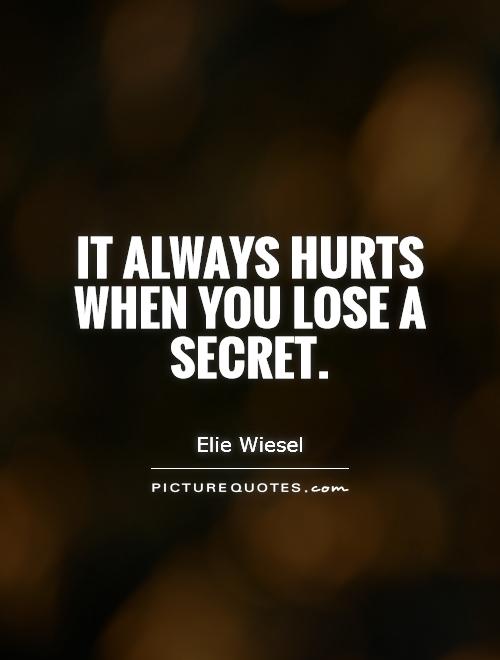
It always hurts when you lose a secret
Elie Wiesel, a Holocaust survivor and Nobel laureate, understood the weight of secrets all too well. Throughout his life, Wiesel grappled with the pain of losing secrets - both his own and those of others. As a young boy, he witnessed the horrors of the Holocaust and carried the burden of countless secrets that he could never fully share with the world.Wiesel's experiences during the Holocaust shaped his understanding of the power and pain of secrets. He witnessed unspeakable atrocities and heard the whispered confessions of fellow prisoners, each secret adding to the weight of his own trauma. The silence that surrounded these secrets only deepened the wounds of those who carried them, including Wiesel himself.
In his memoir, "Night," Wiesel reflects on the loss of secrets that occurred during the Holocaust. He writes of the fear and shame that accompanied the sharing of secrets, as well as the pain of keeping them hidden. Wiesel's words serve as a poignant reminder of the toll that secrets can take on the human spirit, especially in times of great suffering.
Wiesel's own experiences with secrets continued long after the Holocaust ended. As a writer and activist, he grappled with the responsibility of bearing witness to the atrocities he had seen and heard. He struggled with the knowledge that some secrets could never be fully revealed, either because they were too painful or because they belonged to others who had perished.
Throughout his life, Wiesel sought to honor the memories of those who had entrusted him with their secrets. He understood that the loss of a secret was not just a personal tragedy, but a betrayal of those who had shared their most intimate truths with him. Wiesel's commitment to bearing witness to the Holocaust and speaking out against injustice was a testament to the power of secrets, both kept and lost.
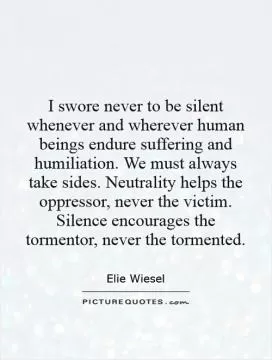
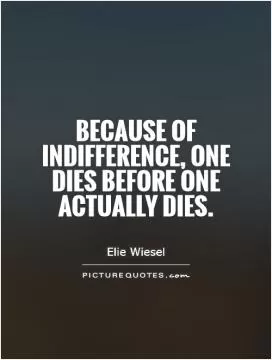


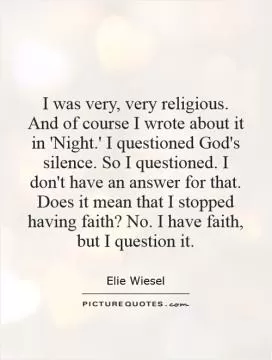
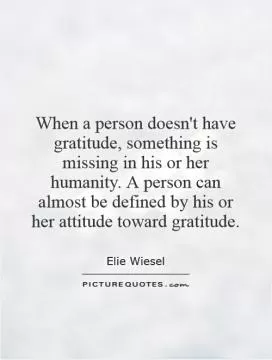
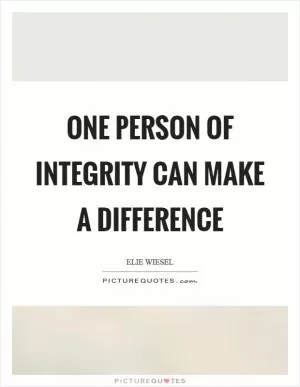

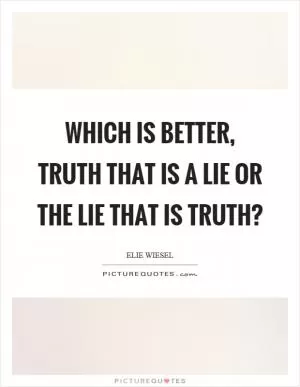


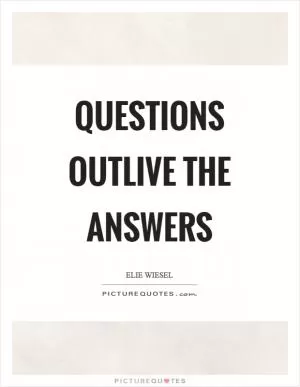
 Friendship Quotes
Friendship Quotes Love Quotes
Love Quotes Life Quotes
Life Quotes Funny Quotes
Funny Quotes Motivational Quotes
Motivational Quotes Inspirational Quotes
Inspirational Quotes